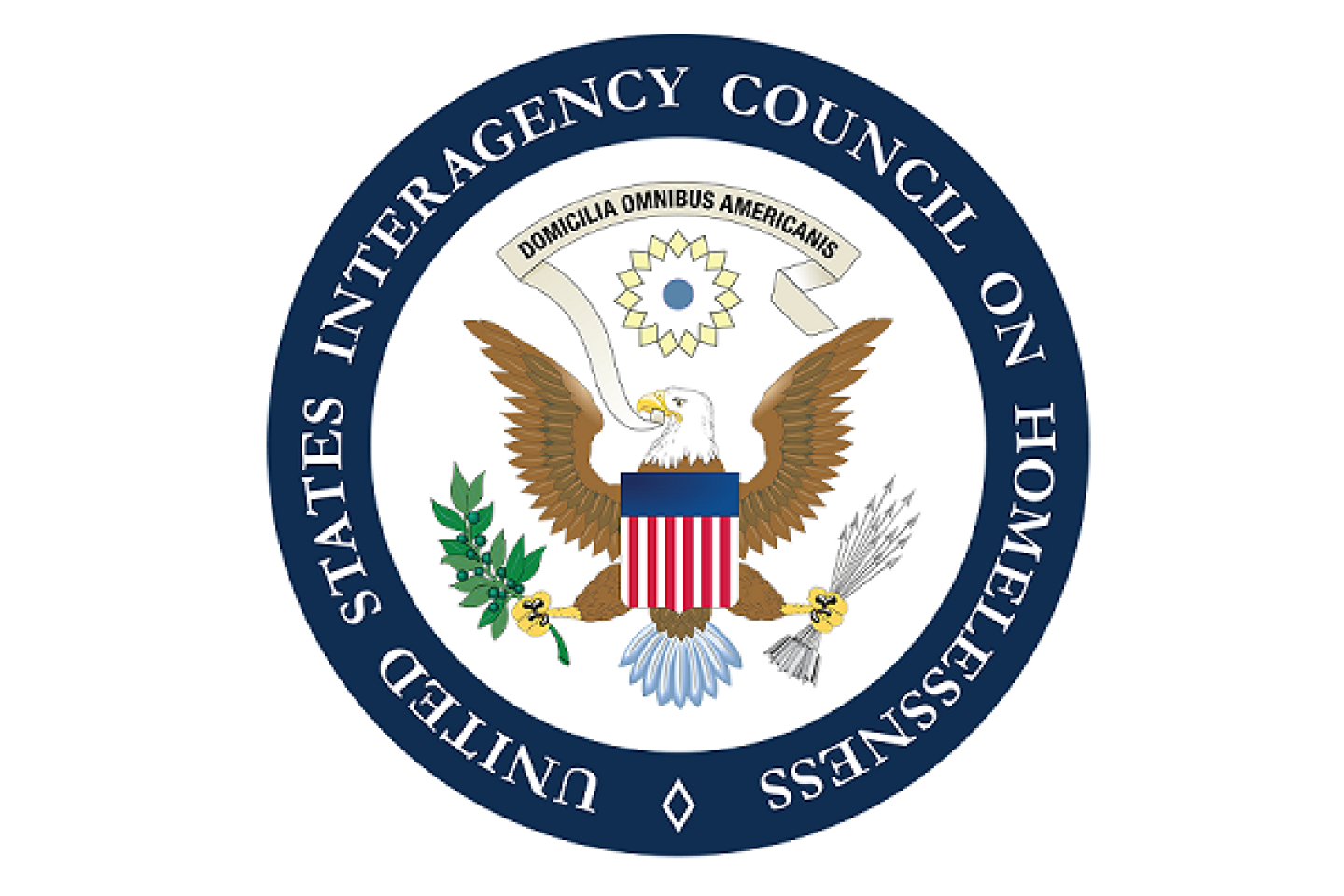USICH Releases Guide to American Rescue Plan Funding That Impacts People Experiencing Homelessness
The U.S. Interagency Council on Homeless (USICH) released a new resource today to help people navigate the American Rescue Plan (ARP) and the many ways it can be used to prevent and end homelessness.
The law, which President Biden signed in response to the health and economic crisis caused by the coronavirus pandemic, represents a once-in-a-generation opportunity to significantly reduce homelessness in some communities and end it in others. In addition to the historic investments in emergency housing vouchers and emergency rental assistance, more than 30 funds and programs and billions of dollars under the American Rescue Plan can help people experiencing or at risk of homelessness, including:
- Fair Housing Initiatives Program
- Advance Child Tax Credits (ACTC)
- Elementary and Secondary School Emergency Relief (ESSER) Fund
- Child Care and Development Fund (CCDF) Program
- Supplemental Nutrition Assistance Program (SNAP)
- Community Mental Health Services Block Grant Program
- Coronavirus State and Local Fiscal Recovery Fund
- Indian Housing Block Grant Program
- Veteran Rapid Retraining Assistance Program
The resource, “Making the Most of the American Rescue Plan: A Guide to the Funding That Impacts People Experiencing Homelessness,” is available online as a PDF.
It provides a program-by-program overview of how much money is available, for how long – and how it can be used for the following purposes:
- Housing
- Economic Impact Payments and Advance Child Tax Credit
- Education
- Food Insecurity
- Health Care
- State and Local Recovery
- Tribal Nations
- Unemployment
- Veterans
This guide was created in collaboration with our federal partners, including the departments of Education, Health and Human Services, and Housing and Urban Development.
USICH urges all stakeholders working to end homelessness – including state and local governments, schools, public housing authorities, Continuums of Care, health providers, and nonprofits – to use this as a blueprint to maximize the impact of the American Rescue Plan and to innovate and improve existing systems.
USICH also urges communities to target these resources to the most vulnerable people, including those living with disabilities and those living unsheltered. In 2020, the number of people experiencing unsheltered homelessness exceeded the sheltered for the first time since data collection began.
Finally, USICH urges service providers and other stakeholders to pave a path forward that’s guided by the goals of Housing First and racial equity. The pandemic amplified the systemic racism that’s led to people of color being overrepresented in the homeless population. Changing that system starts with dropping the barriers to shelter and housing.
“USICH believes housing should be a universal right – and not a privilege,” said USICH Interim Executive Director Anthony Love, “and this law has the potential to bring us exponentially closer to that vision.”



